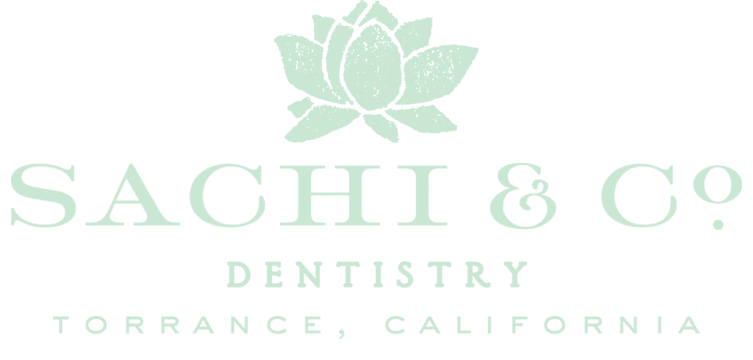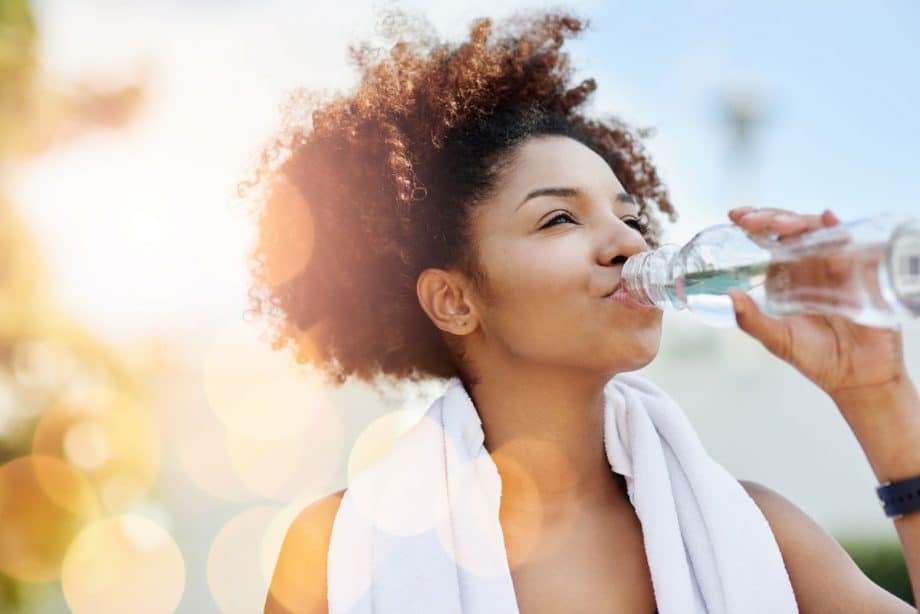You may think you’re making a good choice when you reach for a sports drink instead of soda, but are you really? Most people believe that sports drinks are healthier alternatives to other soft drinks, but the truth is that they’re not good for your teeth. Here’s why.
Sports Drinks Are High in Sugar
Those big bottles of neon-colored sports drinks are no better than soda or juice—as a matter of fact, they’re often worse. It’s common for sports drinks to be higher in sugar than soda! Manufacturers sweeten sports drinks with sucrose or high fructose corn syrup because these carbohydrates deliver a quick energy boost. Luckily, there are plenty of other ways to help fuel your body through physical activities without drinking that much sugar.
The harmful bacteria that causes tooth decay and gum disease thrives in the presence of sugar, which means drinking sports drinks can cause this bacteria to multiply. When bacteria combines with food debris in the mouth, it forms plaque on the surfaces of your teeth. Plaque can harden into calculus, which leads to cavities and gum disease.
Sports Drinks Are Highly Acidic
One of the ways in which bacteria leads to cavities is because it releases acid into the mouth, eroding the enamel on your teeth. Sports drinks are also acidic thanks to their citric acid content, which means they’re double-trouble when it comes to your dental health—they contain acid that wears away enamel and they encourage bacterial overgrowth, which erodes the enamel too.
Most people are already aware that soda is acidic, but sports drinks are even worse. Sports gels, chews, and gums also have high acid content, so they’re not any better for your teeth.
Alternatives to Sports Drinks
The one benefit that sports drinks do have over other soft drinks is their ability to replenish electrolytes, but unless you’re an elite athlete, water is likely sufficient for your hydration needs. Snacks like bananas and watermelon can be used to replace electrolytes, but if you find yourself missing the convenience of a sports drink, watermelon juice and coconut water are an alternative with less sugar and acid content.
If you can’t go without sports drinks, here are some tips to minimize damage to your teeth:
- Instead of drinking an entire large bottle, divide it into smaller eight-ounce portions.
- Use a straw to limit contact with the teeth.
- Sip slowly and take pauses between the sips.
- Brush 30 minutes after having a sports drink—brushing too soon can spread acid around the mouth.
- If you’re not able to brush, rinse your mouth out with water.
It’s also important to minimize your overall intake of sports drinks. Because of the health halo effect surrounding sports drinks, many people drink them on a daily basis—they might grab a sports drink instead of coffee for energy in the morning, have one with lunch instead of soda, or sip on a bottle in the afternoon for a pick-me-up. If you’re going to continue to use sports drinks, make sure you’re only doing so when you’re active.
Schedule an Appointment With Your Dentist
If you’d like to discuss how sports drinks are impacting your dental health, contact us today at 310-530-9893 to schedule an appointment.


